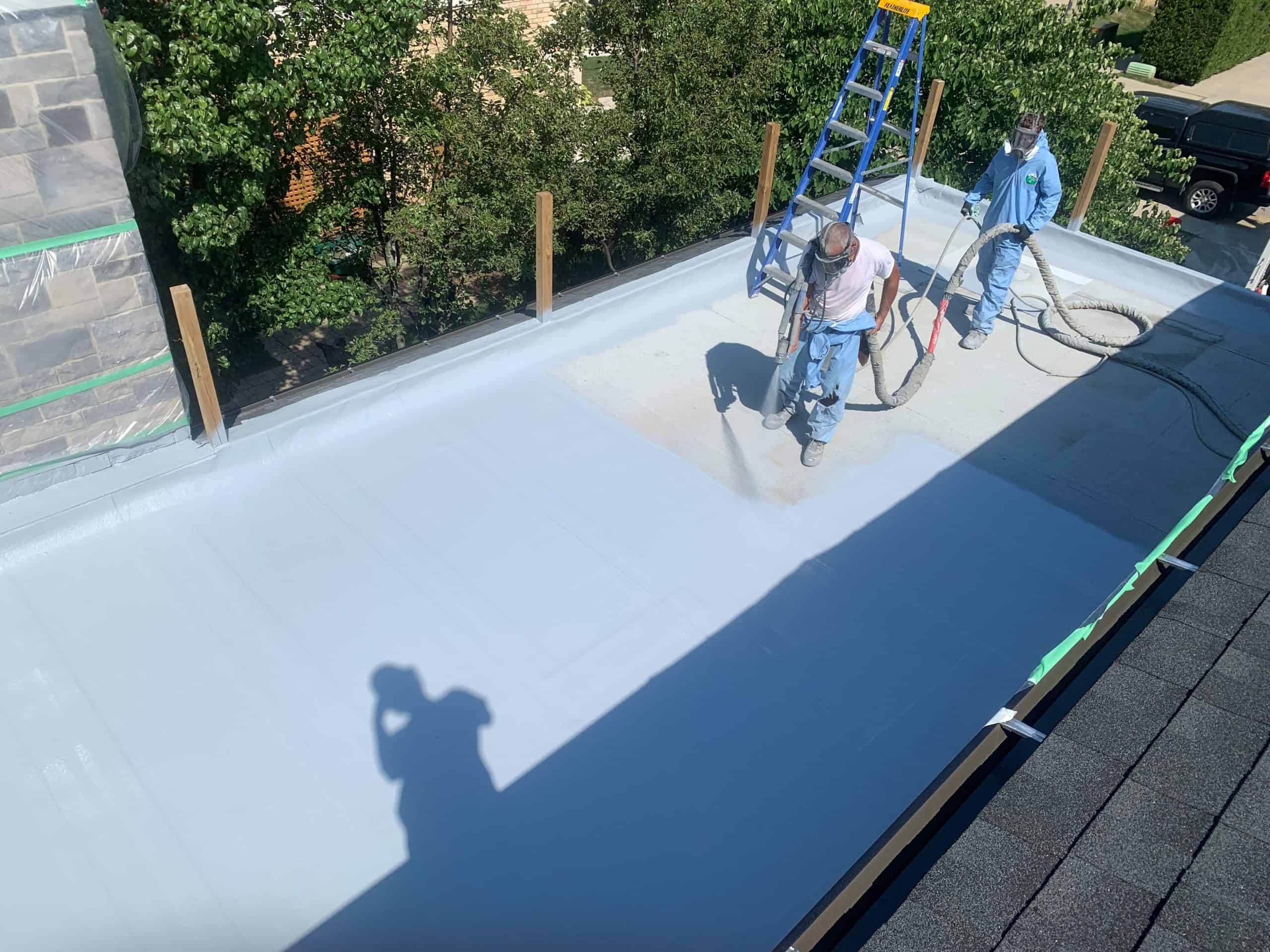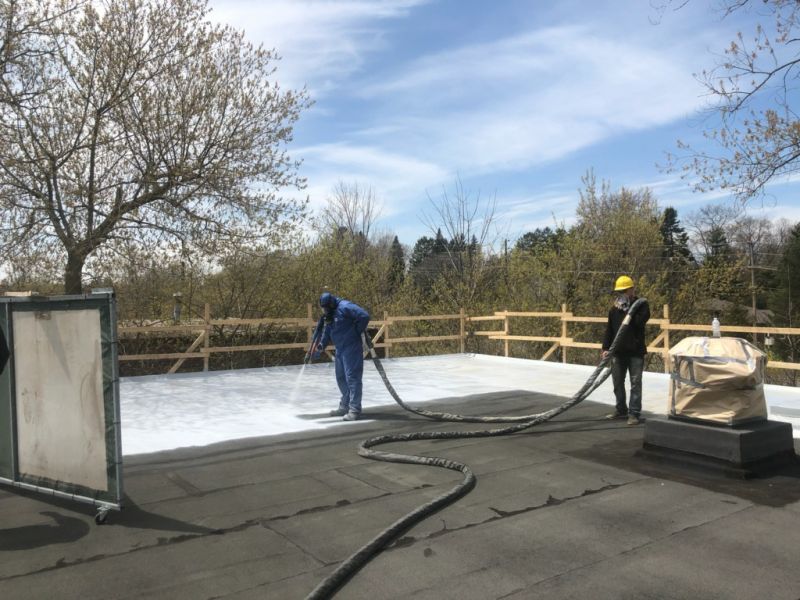Water
damage can wreak havoc on various surfaces, causing severe structural
damage, corrosion, and even posing a risk to our health. Fortunately,
advancements in technology have led to the development of powerful
waterproof coatings that provide an effective barrier against water
infiltration. In this blog post, we will explore the world of waterproof
coatings, their benefits, and delve into the exceptional properties of
polyurea coatings that make them one of the most popular choices in the
market today.
Understanding Waterproof Coatings:
Waterproof
coatings are chemical substances applied to surfaces to prevent water
penetration and extend the lifespan of the protected materials. These
coatings are widely used across various industries, including
construction, automotive, marine, and manufacturing.
The primary
objectives of waterproof coatings are to provide protection against
water, moisture, and chemical damage. They also enhance the longevity
and durability of surfaces, reducing the risk of costly repairs or
replacements. Additionally, waterproof coatings can significantly impede
the growth of mold, mildew, and other harmful microorganisms, making
them particularly beneficial for maintaining a healthier environment.
The Power of Polyurea Coatings:
Polyurea
coatings have gained immense popularity in recent years due to their
exceptional properties, making them a top choice for many waterproofing
applications. Essentially, polyurea is a type of elastomer that offers
superior durability, flexibility, and resistance to abrasion, impact,
and chemicals.
One of the most remarkable aspects of polyurea
coatings is their fast curing time. Unlike other coatings that require
significant drying time, polyurea can dry within seconds or minutes,
creating a strong, impermeable layer that maintains its integrity even
in extreme weather conditions. This rapid curing time translates into
significant time and cost savings during application.
Moreover,
polyurea exhibits excellent adhesion to various surfaces, including
concrete, metal, wood, and plastic. Its versatility allows for seamless
application on different substrates, ensuring a reliable protective
barrier against water infiltration.
These coatings also possess
remarkable resistance to water and moisture, ensuring comprehensive
protection for surfaces exposed to heavy rainfall, extreme humidity, or
frequent water contact. Polyurea coatings are capable of preventing the
development of leaks, seepage, and water-related damages, which can be
particularly beneficial in flood-prone areas or structures exposed to
high-moisture environments.
Applications and Benefits:
Polyurea
coatings find extensive use in numerous applications, each benefiting
from the unique properties of this remarkable material. Some notable
applications include:
1. Roofing: Polyurea coatings provide a
seamless, waterproof layer for roofs, protecting them from damage caused
by rainwater, UV rays, and severe weather conditions. Their fast curing
feature allows for quick installation, minimizing downtime for the
building occupants.
2. Automotive: Polyurea coatings are utilized
to protect vehicle underbodies from corrosion, water, and chemicals,
improving their lifespan and preserving their appearance. They also
serve as an effective sealant for truck beds, guarding against abrasion,
rust, and impact damage.
3. Marine: Polyurea coatings are
frequently applied to boats, yachts, and other marine vessels to provide
a durable, watertight layer. They protect against saltwater, extreme
temperatures, and potential hull damage caused by impacts with debris or
marine life.
4. Industrial: Industrial facilities often rely on
polyurea coatings to safeguard pipelines, storage tanks, and concrete
structures from corrosion, chemicals, and water intrusion. These
coatings offer long-lasting protection with minimal maintenance
requirements.
In addition to their application-specific benefits, polyurea coatings share common advantages, including:
a)
Enhanced Durability: Polyurea coatings exhibit exceptional resistance
to abrasion, impact, and chemicals, ensuring prolonged surface
protection and reducing the need for frequent repairs or replacements.
b)
Flexibility: The inherent flexibility of polyurea enables it to
withstand structural movements and temperature fluctuations without
cracking or peeling, maintaining its integrity over time.
c) UV
Resistance: Polyurea coatings possess excellent resistance to UV rays,
preventing degradation, discoloration, and deterioration caused by
prolonged sun exposure.
d) Environmentally Friendly: Unlike some
conventional coatings, polyurea is solvent-free, making it a more
environmentally friendly choice. Additionally, its longevity reduces
waste generated by frequent reapplications. Conclusion:
Conclusion:
Waterproof
coatings, especially those made of polyurea, have revolutionized the
protection of various surfaces against water damage. Offering
quick-curing times, outstanding adhesion, durability, and resistance to
water, chemicals, and impact, polyurea coatings ensure long-lasting
solutions for both structural and aesthetic applications. With their
versatility and immense benefits, polyurea coatings have become an
integral part of numerous industries, providing invaluable protection
against the damaging effects of water infiltration.























No comments:
Post a Comment